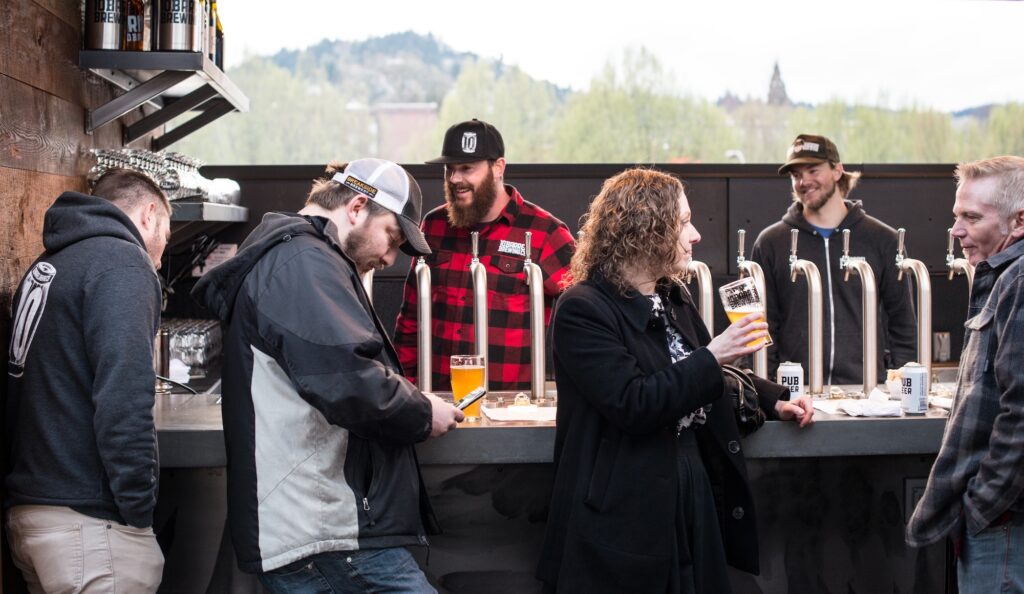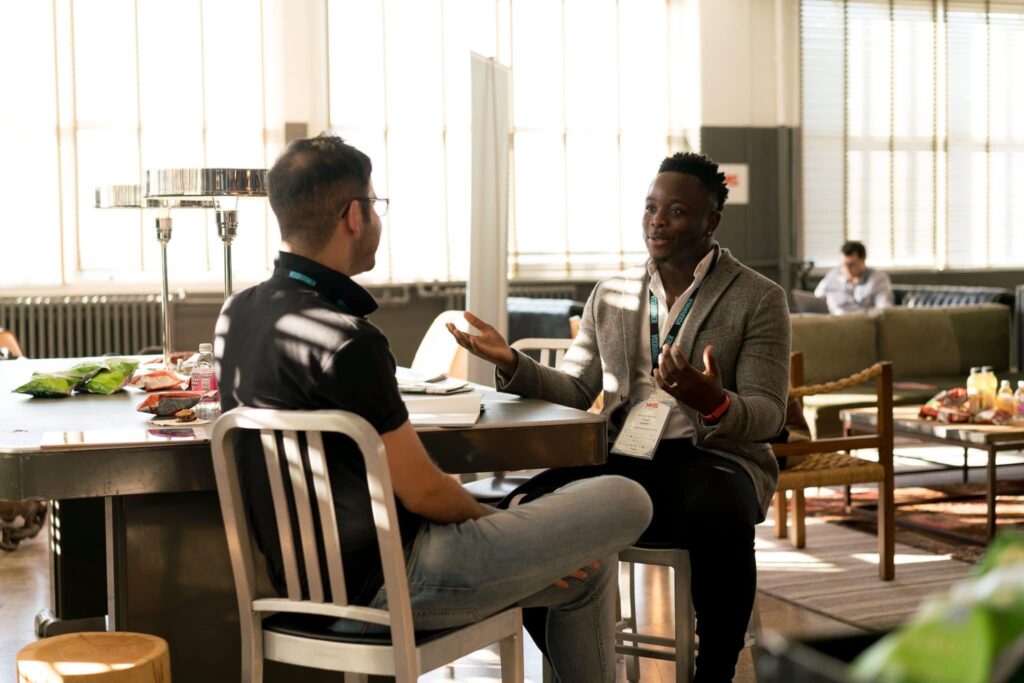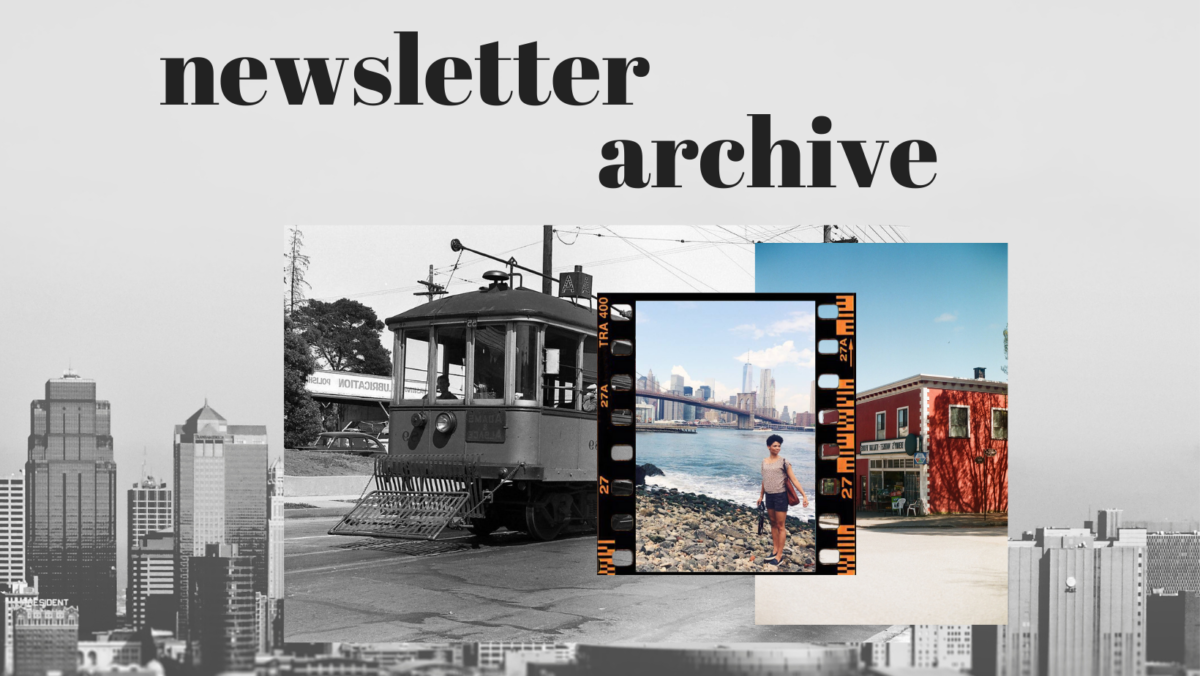I originally thought this email newsletter would be about interesting trends, articles and podcasts related to cities. It might grow into that, but for now, I’d like to take a more personal direction and write about things I’ve learned about cities as I’ve navigated a very unexpected transition from living in the grand metropolis of New York City to Waco, Texas. For now, this will be a series of five emails. Catch up on archives here.
I am writing this newsletter from a café in Waco. Like every other day, upon entering the café, I immediately scanned the room for familiar faces. Since moving here, this has become a habit about which I have mixed feelings. The New Yorker in me does not want to run into anyone I know. But there’s another side of me that secretly relishes the sense of belonging that comes from seeing familiar faces around town.
After a few anxiety-inducing episodes, I began to accept the run-in as a highly-probable weekly occurrence and have adjusted. I’ve come to see these “run-ins” as an education in the power of proximity: it’s easier to develop loose social ties and gain a sense of belonging when one repeatedly greets the same people around town. And who knows when those loose ties might pay off in a useful or meaningful way?
Case in point: this morning I biked to this café but forgot my wallet and blue-light glasses at home. Reluctantly, I headed outside to get my bike so I could double back to the house and pick them up. Just then, I ran into a girl who I recognize from my gym and who works at the café. We run into each other often and have small-talked a few times around town. I explained my dilemma and asked if she’d be willing to drive me less than a mile away to my house so I could collect my forgotten items. “Girl, of course!” We swapped stories during the 7-minute drive. Back at the café, I grouped her iced matcha with mine and she used her employee discount. Small town perks, indeed!

In car-oriented cities, this is the power of the local café and pub: they serve as a counterweight to the social fracturing caused by car-based design. Here in Waco we have five coffee shops, a pub and a few bars all within a two-mile radius. Although mostly concentrated downtown (we can’t have neighborhood-embedded third spaces), these third places make it possible for Wacoans to see each other on a regular basis.
For those of us trying to be meaningfully involved in local civics, proximity of this kind can serve as a starting point, not just for new friends, but also for helpful political* connections and opportunities. In the past year alone, I’ve run into my councilwoman at least half a dozen times, been introduced to the Mayor and even been asked to run for a seat on a city committee!
The ease with which I’ve been able to discover and engage with the political life and leaders of the city is completely opposite of my experience in NYC where local engagement felt extremely complex and elitist. In this way, the smallness of small cities is an advantage, but the question remains if they will capitalize on it.
Actually that’s the second question. The first is if leaders and citizens in a city see their proximity to each other as an advantage. As I’ve written about before, cities often embrace obfuscating practices that make it hard for citizens to test new ideas, attend public meetings and keep up with the latest civic happenings.
Not every city will see this as a problem worth solving. Those that do will be those whose leaders believe in tactical solutions, bottom-up solutions and experimentation. These beliefs drive them to simplify processes, leverage unique advantages and bring qualified people together as often as possible to solve local challenges.

For example, with Baylor University, Magnolia, several nationally-recognized nonprofits and a number of locally-minded entrepreneurs within city borders, Waco could very easily bring together citizens from various spheres and create an opportunity for them to channel their energy into solving local challenges. Waco could be an incubator city, leveraging its small size to test new ideas, listen to feedback, adjust, test again and repeat. They could, in short, see their smallness as a perfect precondition to practicing emergent urbanism.
But in order to do so, Waco and thousands of other small cities would have to be brave. With increasing underfunded liabilities, social unrest, inflation and the constant need to compete with other cities for federal money and taxpayers, the focus is always on growing as fast as possible and to do that, cities have to play by the rules. Unfortunately, the rules don’t always include tactical, grass-roots solutions.
But this is what’s needed for cities to become more resilient. Cities need to bravely take ownership of any spheres of local agency they have, question the status quo, face the uncertainty of tactical thinking, rethink regulations and embrace more bottom-up thinking.
Thanks for reading. If you find this newsletter interesting, please share with a friend. If you’re that friend, you can subscribe here.
Sincerely,
Tiffany
